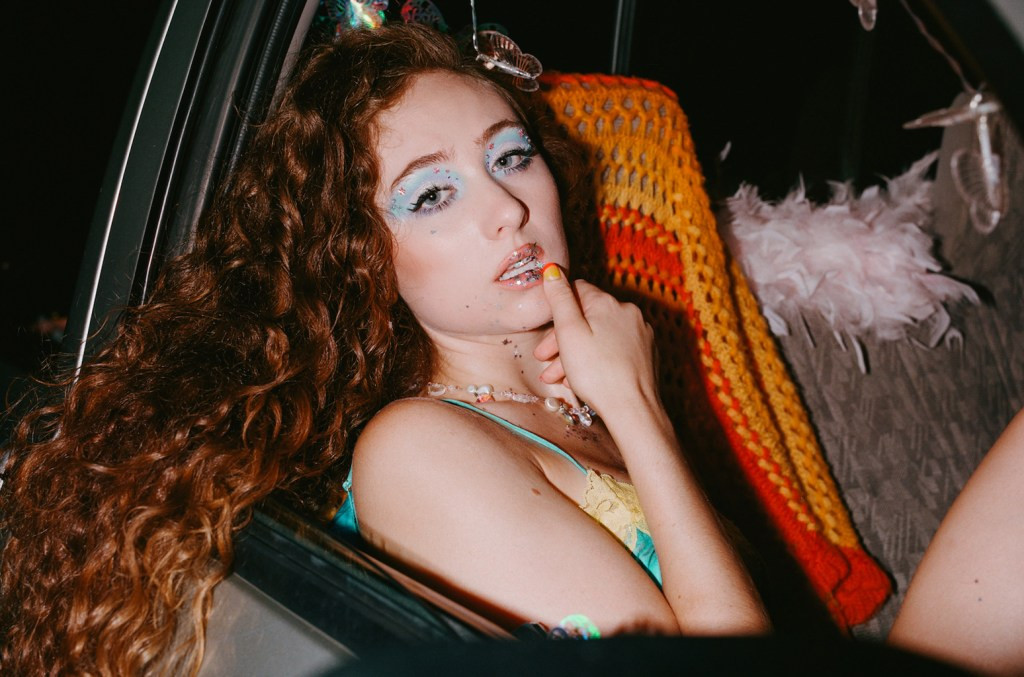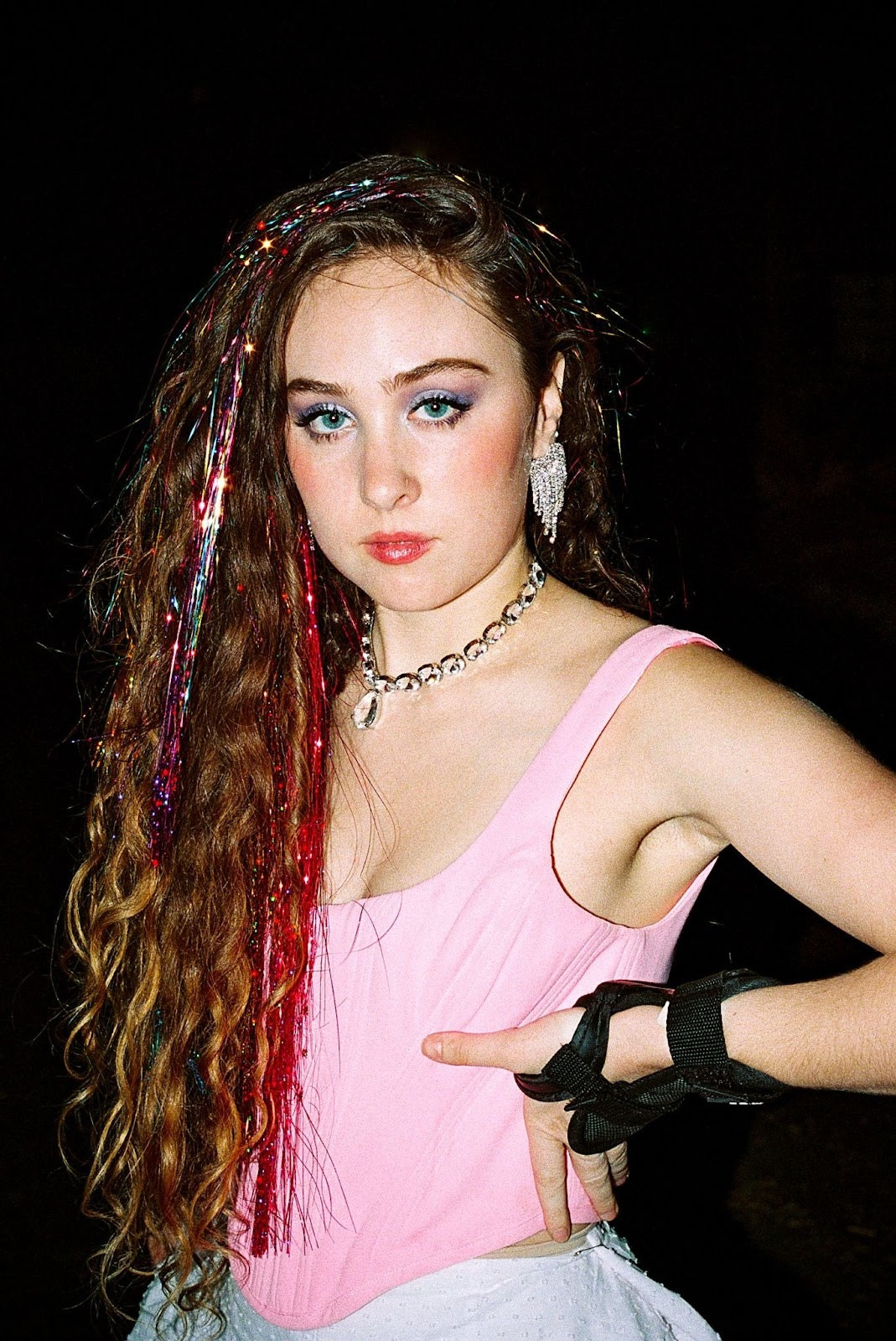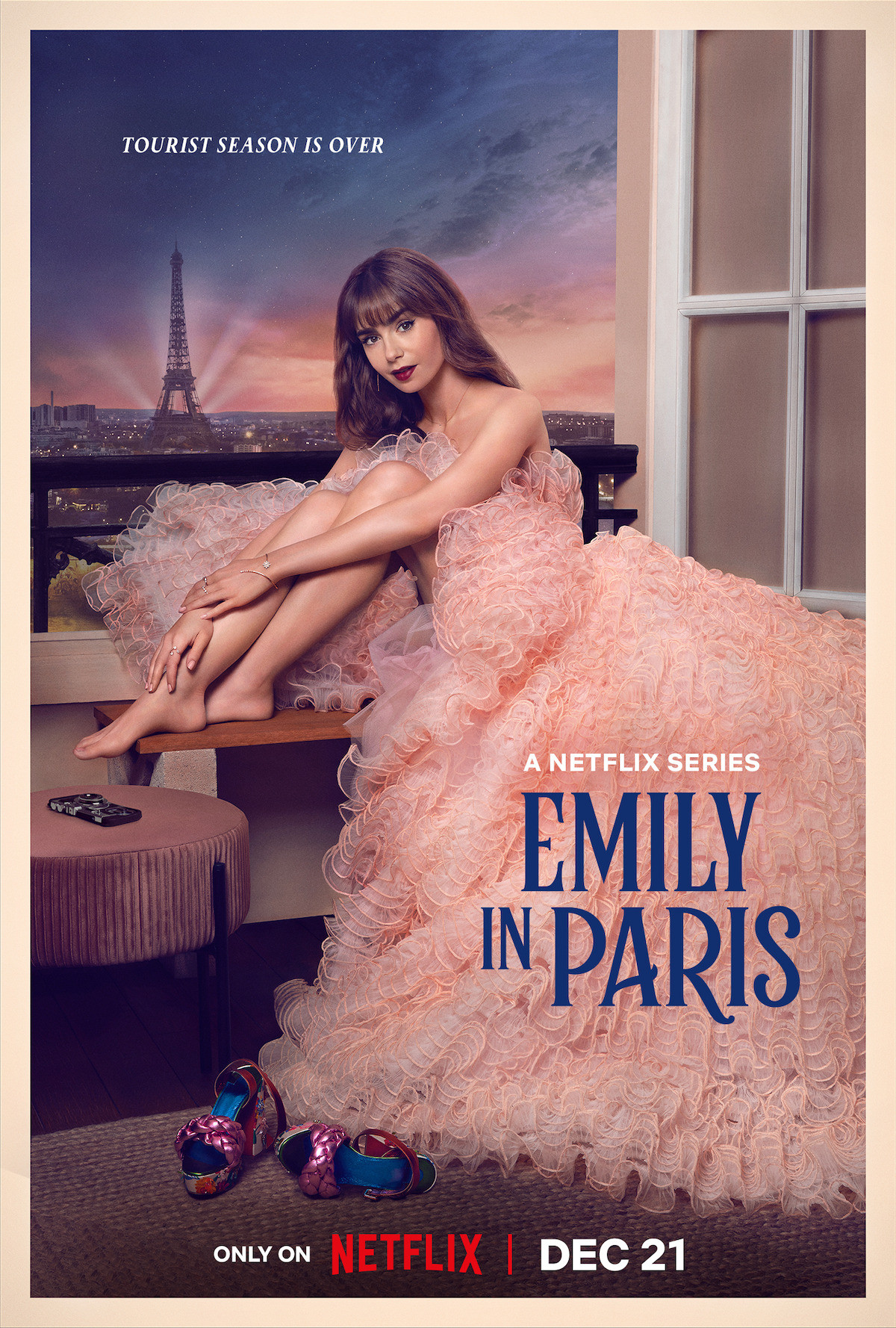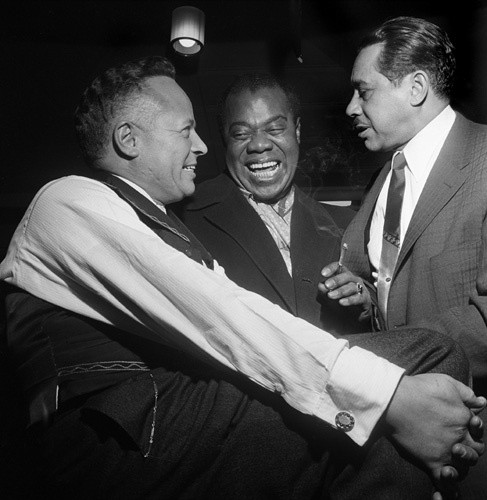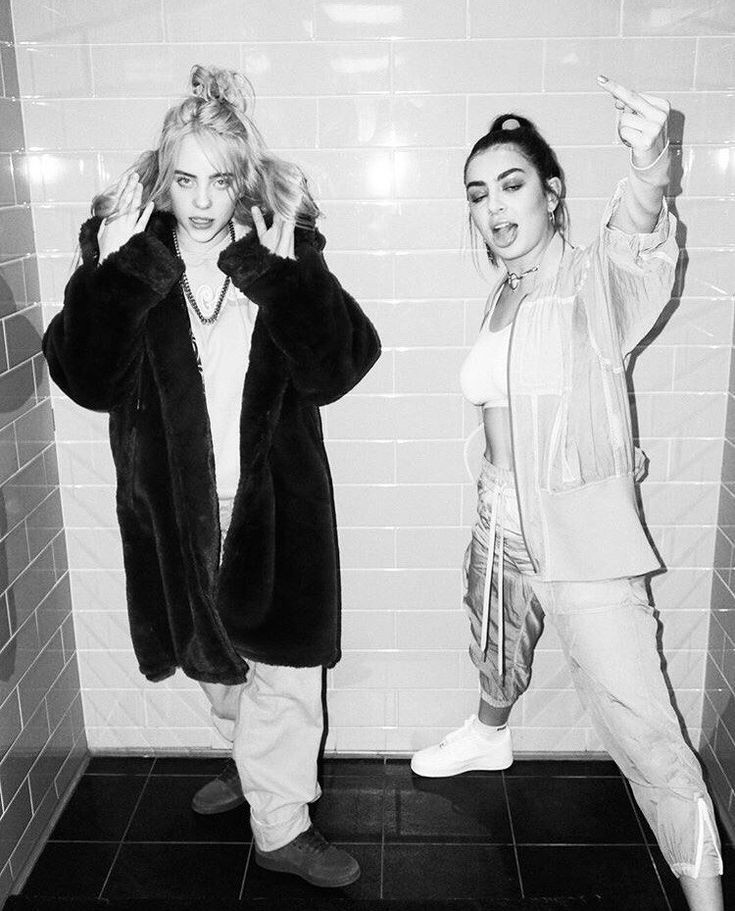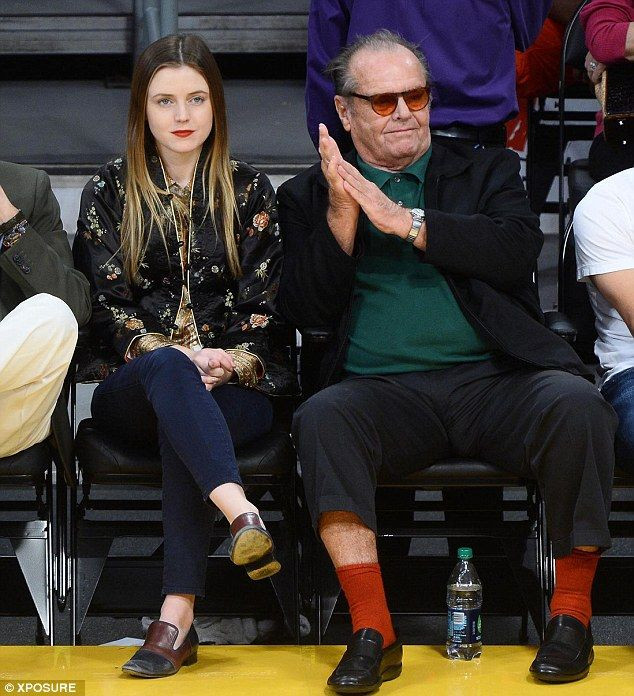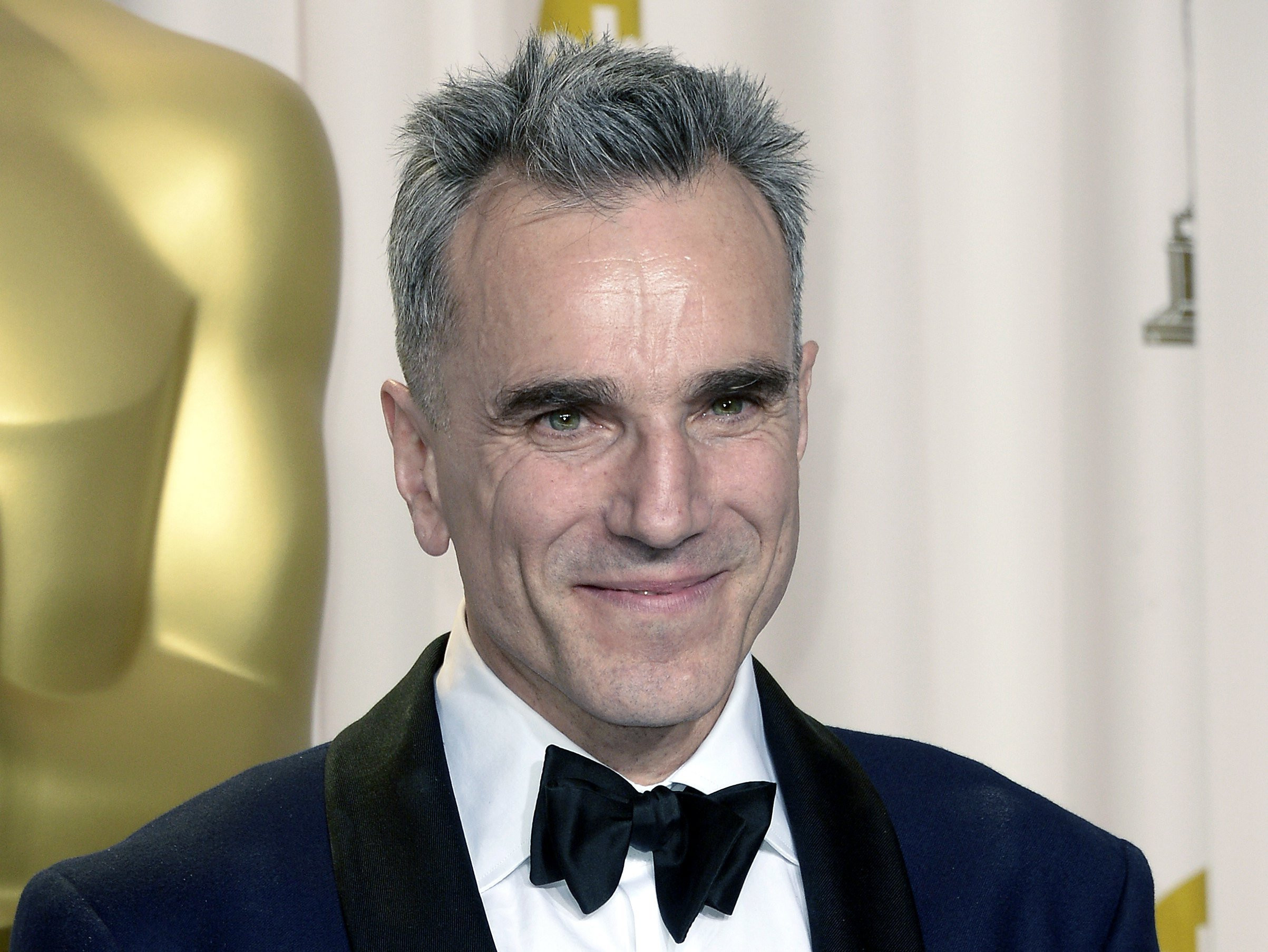Chappell Roan’s rise to pop stardom happened slowly, then all at once. She started by singing covers on YouTube over 10 years ago, using her real name, before she earned a record deal out of high school. Her debut single, “Pink Pony Club,” was released in 2020, at the start of the COVID-19 pandemic. Her album came out almost a year ago to positive reviews and a small but dedicated fanbase.
Over the last six months, though, her star has gone stratospheric. A stop at NPR’s Tiny Desk and a star-making Coachella appearance introduced Roan to new audiences, just as her songs “Good Luck, Babe!” and “HOT TO GO!” started soundtracking hundreds of thousands of TikToks. Her massive summer culminated in what may have been the biggest Lollapalooza set in the Chicago festival’s history — as many as 110,000 people were in her audience.
Sudden fame has weighed heavy on Roan, but her discomfort became untenable earlier this week. She shared two videos on TikTok in which she criticized invasive fans who have followed her around, “stalked” her family and demanded photos or hugs in public despite Roan’s resistance.
“I don’t care that abuse and harassment, stalking, whatever, is a normal thing to do to people who are famous or a little famous,” she said in one video. “It’s weird how people think that you know a person because you see them online and you listen to the art they make … I’m allowed to say no to creepy behaviour, OK?”
In a lengthy Instagram post on Friday, she doubled down on her comments, reiterating that she’s “clocked out” when she’s not performing and doesn’t owe anything to people who approach her during her downtime. And while she loves making music and the support she’s felt from respectful fans, she said, she will “not accept harassment of any kind because I chose this path.”
“I feel more love than I ever have in my life,” she wrote. “I feel the most unsafe I have ever felt in my life.”
Why Fans Feel Entitled
Part of why fans love Chappell Roan — and perhaps why some people have gone to disturbing extremes to invade her privacy — is the authenticity she projects, said Sally Theran, a professor of psychology at Wellesley College in Massachusetts who has studied parasocial relationships between celebrities and young fans.
“One thing that’s really appealing about her, I think, is that she is very upfront about, ‘This is who I am, and I don’t conform in the same way that maybe past celebrities have, and I do what I want,’” Theran said. “I think that’s very appealing in an age where everything feels so incredibly manufactured.”
Roan’s openness and self-assuredness, at least online, might lead some fans to think that they know her, and that she wants to get to know them. But there’s a fundamental misunderstanding on the part of the fans who believe Roan’s online persona is the real her.
“I think that’s really what she’s trying to say: ‘I’m doing this as an act. It doesn’t mean that you know me or I know you,’” Theran said. “But there’s this disconnect, where people really, really think they get her and then probably that she wants to get them.”
The Blurred Lines of Celebrity Culture
The boundaries between fans and celebrities are less well-defined in an era when social media is a star-maker and personal, candid moments are viral fodder. The alarming flags that Roan raised show that there’s a breakdown in how much fans expect celebrities to give of themselves — and that the cost of being candid online is often more than artists like Roan are willing to pay for stardom.
Roan has used TikTok over the years, long before she was a Billboard chart mainstay, to share frank and funny clips directed at her haters or to show what it’s like to stay in a cheap motel while touring. Her social media presence is similar to what she projects onstage — brash candour and confidence — which endears her to fans.
But sharing pieces of her life online, even minor, humorous pieces from the time before she was famous, has set a precedent among some fans who are expecting the same access to Roan offline.
“The onset of social media has exacerbated our access to celebrities, our sense of ownership, our entitlement, our sense that they, really, almost owe us something,” Theran said. “There’s something kind of implicit in the social agreement with social media that maybe they do owe us something — they’re making money off us.”
Roan is one of the few major pop stars to push back on owing anything more to her fans than what she’s already given. Many of her fans have been supportive, reminding each other to respect the person behind the persona that they love.
A Growing Trend
That kind of candour isn’t always welcomed, though, as other stars of the digital age have found when attempting to set boundaries with fans, said Lucy Bennett, a lecturer at Cardiff University in Wales who studies music fandom.
“The power balance between artists and fans is sometimes a complicated negotiation between both parties — especially if the artist does something disappointing or shameful that can cause a negative response within fans, and vice versa,” Bennett said.
Doja Cat, another artist whose star rose on TikTok when her song “Say So” went mega-viral, has clashed with fans online who have criticized her when she’s changed her look or her sound. In July 2023, when an account on Threads asked her to share that she loved her fans, she responded, “I don’t though cuz I don’t even know y’all.” She lost over 180,000 Instagram followers in a month.
“My theory is that if someone has never met me in real life, then, subconsciously, I’m not real to them,” Doja said in a 2023 Harper’s Bazaar interview. “So when people become engaged with someone they don’t even know on the internet, they kind of take ownership over that person. They think that person belongs to them in some sense.”
The Rise of Parasocial Relationships
Roan’s TikTok missives have re-stirred debate about “parasocial relationships” between fans and celebrities. (It was thrown around frequently when fans of comedian John Mulaney expressed shock and disapproval when they learned of his divorce from his first wife, given that he mentioned her frequently in his act. But the news revealed how little they really knew about him offstage.)
But parasocial relationships with celebrities are typically innocent, Theran said — they’re one-sided relationships in which a fan looks up to a celebrity or maybe even considers what they’d do in a challenging situation. Ultimately, though, most fans understand their relationship is imaginary and not reciprocal.
The prevalence of social media has likely made parasocial relationships between fans and their idols “easier to form,” Theran said.
The emotional connection between a fan and their idol is only “amplified further” on TikTok and similar platforms, where “fans can get further tantalizing insights” into not only the songs they love but the attitudes and personalities of musicians, too, Bennett said.
Fans can also communicate directly with musicians on apps like TikTok, Bennett said. Artists like Megan Thee Stallion and Nicki Minaj often “go live” on Instagram and TikTok, answering fan comments and sharing their unfiltered thoughts on a livestream.
“TikToks can provide an important visual insight into our sense of who the musician is, and deeper connections further, leading to active and strong fanbases,” Bennett said.
Extreme Cases
The behaviour Roan describes in her videos — ”stalking” her family and following her out in public — is “very atypical” of fans, Theran said.
But one of the annoyances she discussed — her fans feeling like they know her because they listen to her music and keep up with her online — is more common and isn’t inherently wrong, Theran said. That’s not a characteristic of a parasocial relationship as much as it’s the result of listening to and loving an artist, she said.
“There are always, no matter who you are, going to be people — they’re really the vast minority — but there will always be people who take it to such extremes,” Theran said. “I feel so sad for (Roan) and her fanbase. It’s not representative, what she’s describing.”
Roan is one of the few major contemporary pop stars who still feels somewhat accessible — Taylor Swift and Beyoncé, two of the biggest stars in the world, rarely directly interact with fans anymore, communicating mostly through public statements or curated social media posts. Even TikTok-native artists like Olivia Rodrigo, whose music also became über-popular on the app, have built distance between themselves and fans by sharing little about their personal lives.
“Keeping yourself one step removed, or having a very curated social media presence — it buffers you a little bit from the potential of having a toxic fanbase,” Theran said. “They just don’t feel like they have access to you in the same way. They don’t perceive you to be as authentic as someone like Chappell Roan.”
Still, “Chappel Roan” is a persona first — Roan has described her act as a “drag project” before. And she’s repeatedly made clear that she’s playing a part, and she keeps her career separate from her personal life to protect her mental health.
“At the end of the day, it’s just a job,” she said in a 2023 appearance on the “Q with Tom Power” podcast. “And I don’t plan on doing this forever. So I need to just have an identity outside of this and protect myself for when I’m, you know, 20 years from now and I’m not just burnt out on life.”
“We think we know celebrities, but we don’t really know them,” Theran said. “What we know is the image that they’re projecting. We project so much onto people. We assume, and we fail to recognize that what they’re projecting is not truly their authentic self.”
A Lesson in Boundaries
The recent events surrounding Chappell Roan serve as a stark reminder of the importance of respecting boundaries, both online and offline. While it’s natural to admire and connect with celebrities through their work, it’s crucial to remember that they are individuals with lives outside of their public personas. Roan’s courage in speaking out against her stalker fans could be a turning point in the discussion about the blurred lines between celebrity and fan, ultimately leading to a greater understanding and respect for personal space. The challenge lies in navigating the complex world of social media and celebrity culture, where lines can easily be crossed, and the desire for connection can sometimes lead to harmful behaviours. Roan’s story highlights the need for mindful interactions with celebrities and the importance of recognizing the boundaries that exist between fans and the artists they admire.
It is essential to recognize that celebrities, even those who appear to share their lives openly online, are entitled to privacy and respect. While it is perfectly normal to admire and engage with artists through their work, crossing boundaries can have detrimental consequences. Roan’s story serves as a reminder that celebrities are real people with personal lives and the right to feel safe. Ultimately, it’s up to fans to acknowledge and respect these boundaries, ensuring a healthy and respectful relationship between artists and their audience.




